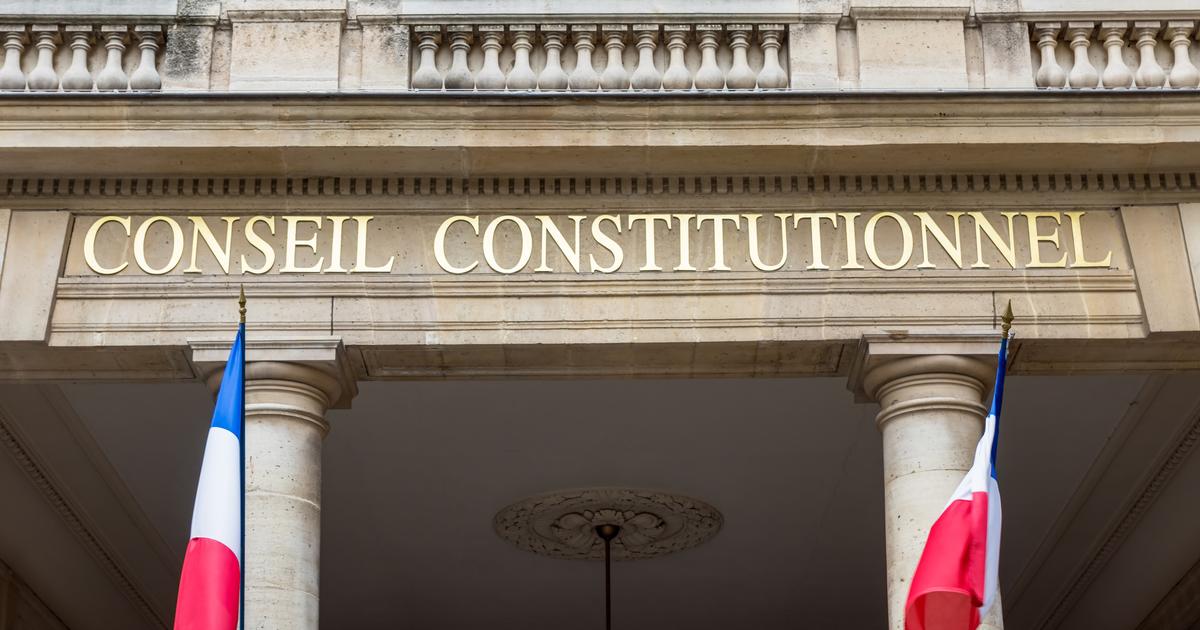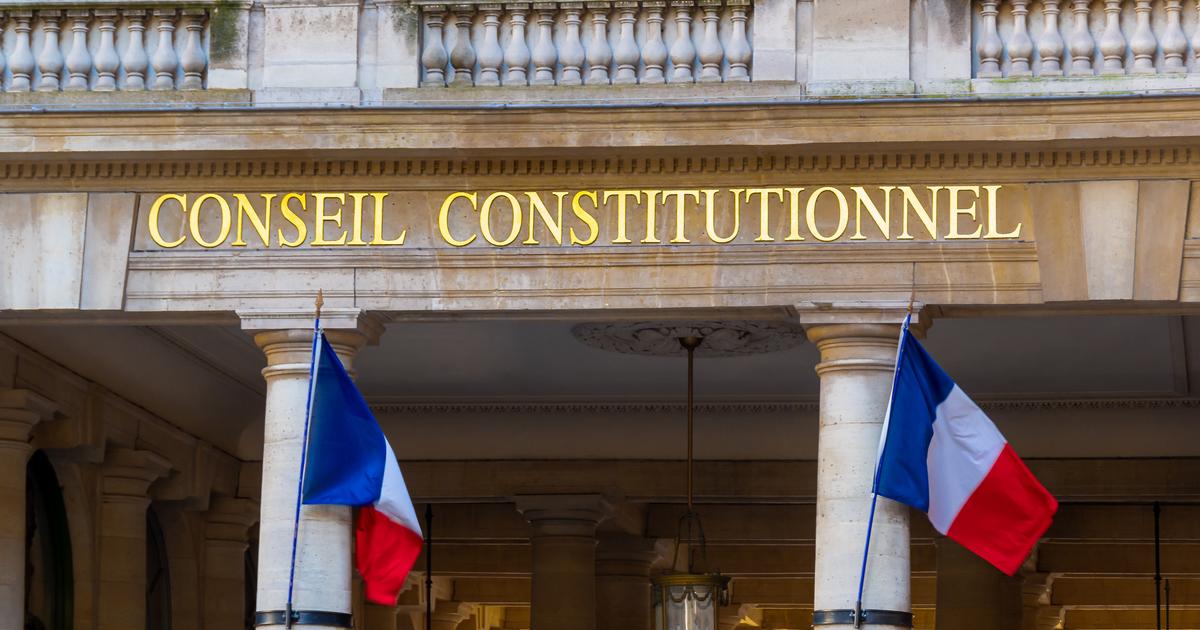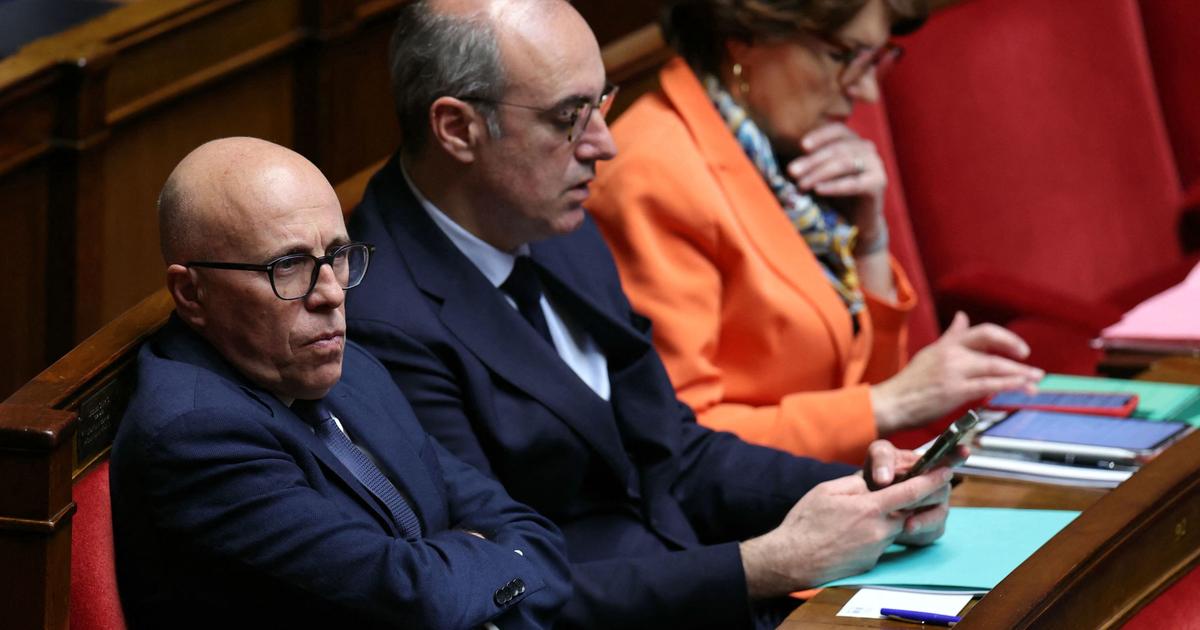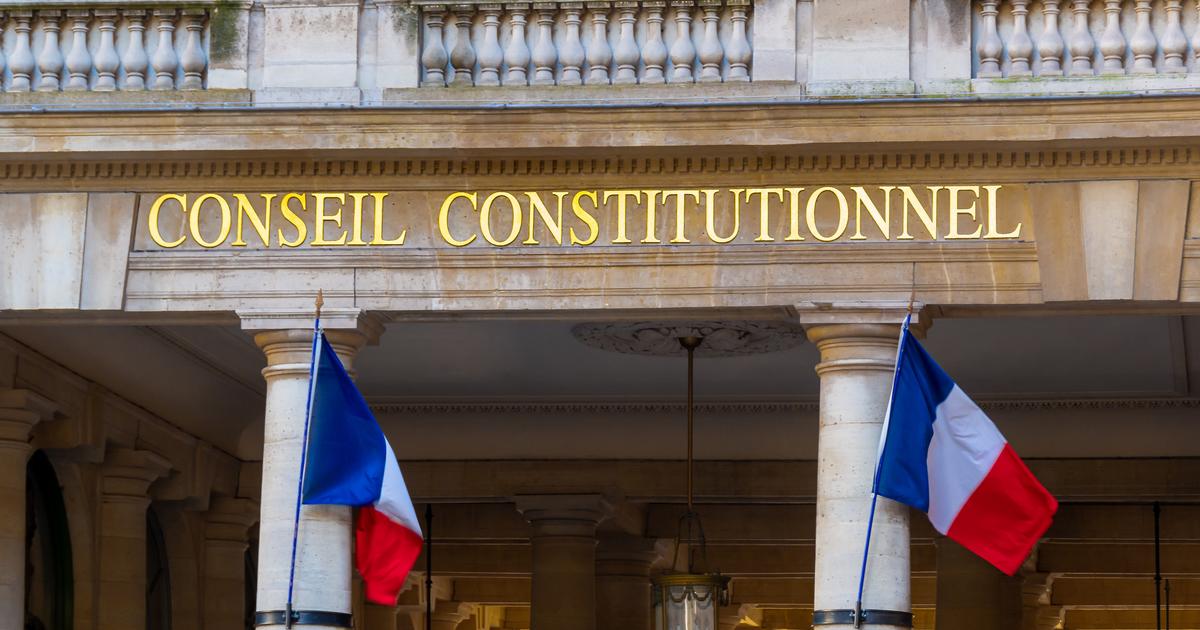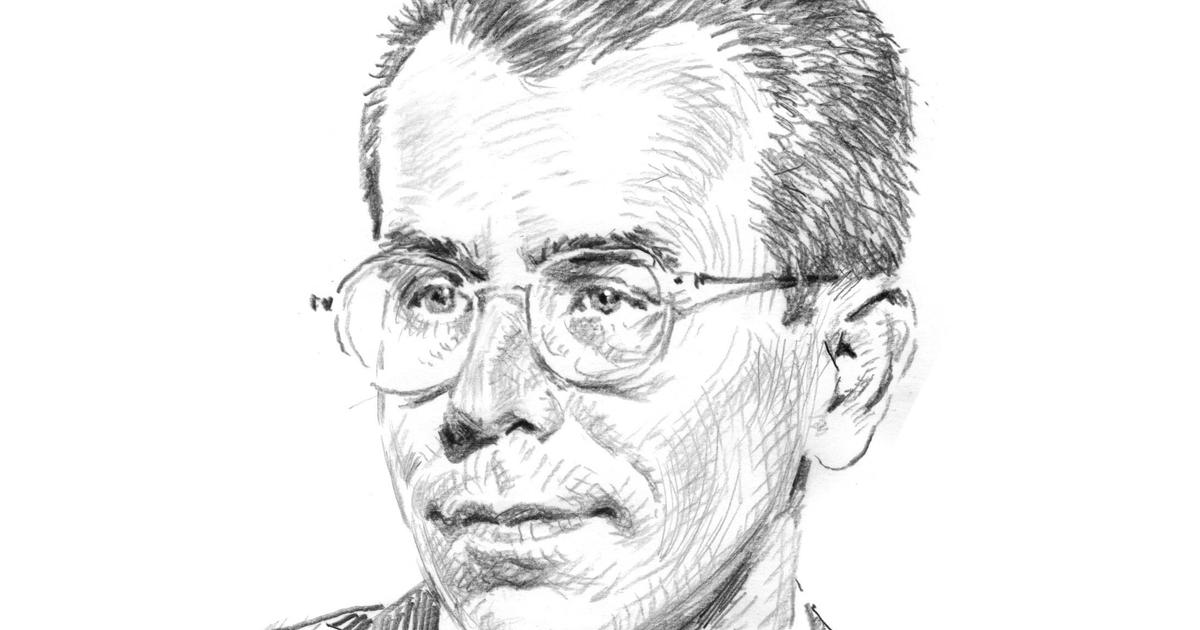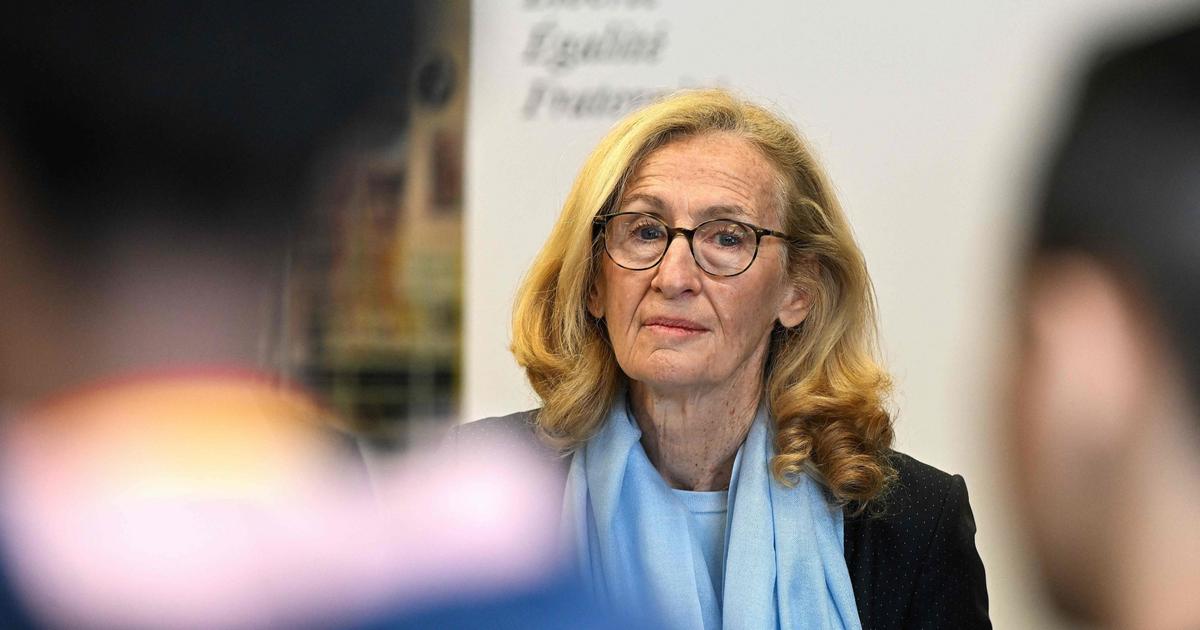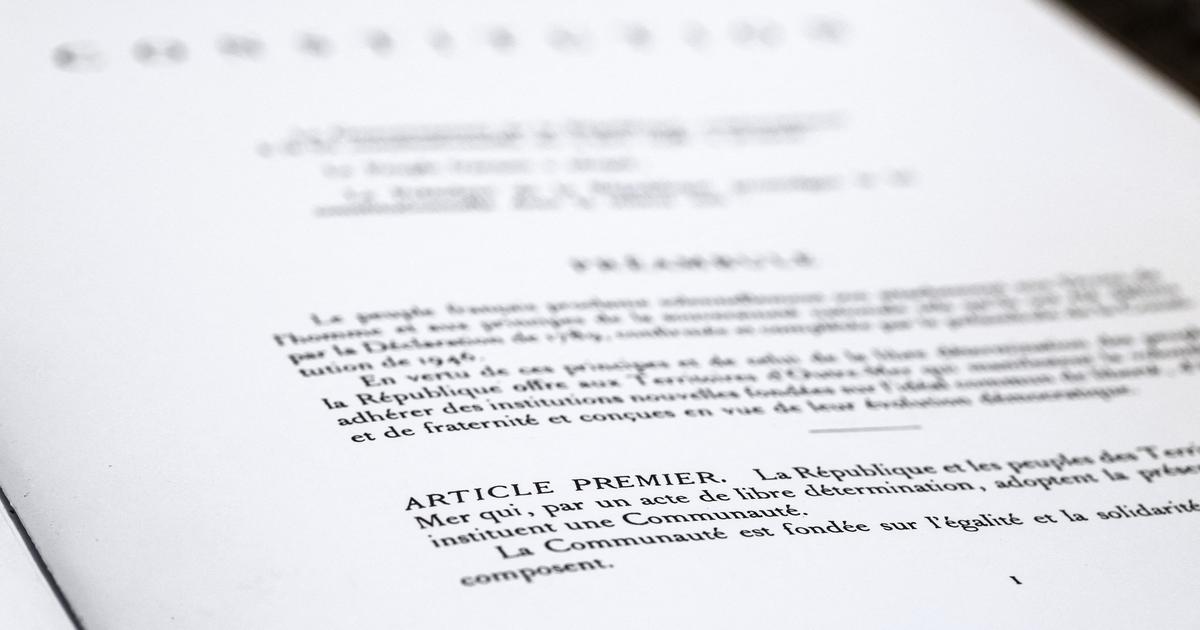Controversial, criticized by defenders of public freedoms, the so-called law "against separatism" which had sparked heated debates in 2021, has just been confirmed after the validation by the Constitutional Council of several of its provisions contested by Christian cults.
Almost a year after its promulgation and after a first, partial passage through the sieve of the constitutional judge, the so-called law "
against separatism
", wanted by Emmanuel Macron and carried by his Minister of the Interior Gérald Darmanin, was again examined by the Elders seized of two priority questions of constitutionality (QPC).
“A law of constraints”
Since 2008, any citizen can indeed seize via a QPC the Constitutional Council, through the filter of the Council of State and the Court of Cassation, of an existing law on which the supreme judge has never pronounced.
This was the choice of the major French Christian authorities by targeting Title II of the law, they who have never silenced their grievances in the face of a text which they already designated in 2021 as "
a law of constraints and multiplied controls
" .
.
Read alsoThe three Christian religions united in the face of the separatism law
In the sights of the Conference of Bishops of France (CEF), the Protestant Federation of France (FPF) with the United Protestant Church of France and the Assembly of Orthodox Bishops of France (AEOF): the "
serious attacks
" on freedoms of worship and association.
Although explicitly targeting "
Islamist separatism
", the law has upset the fragile balances that have forged for more than a century the regime of separation of the Churches and the secular State.
A text marked by controversy
In detail, the Churches consider, for example, that the State institutes a system of prior authorization by the prefect for the recognition of certain religions by obliging associations to declare their religious character in order to benefit from the advantages specific to the category of associations. worship.
In reverse according to them, of the law of 1905 which says that the State does not interfere with worship.
In addition, the Christian authorities, in particular the Protestants, are worried about the many new obligations weighing on associations which are fragile on a daily basis because they are often borne by volunteers alone.
Finally, and even if the government has softened its copy via implementing texts, the Christian authorities are expressing their fears about provisions aimed at toughening the regime of so-called "
mixed
" associations, that is to say combining charitable, educational or cultural with a religious activity, like Secours Catholique or scouting.
Friday morning, the hopes of the Christian authorities were showered by the decision of the Constitutional Council.
Read alsoBurkini in Grenoble: an authorization that challenges the separatism law
The Elders ruled, on the one hand, that the disputed provisions "
do not disregard the principle of secularism
" by not depriving the free exercise of worship of legal guarantees, according to the terms of their press release.
On the other hand, the Council considered that the legislator "
has pursued the objective of constitutional value of safeguarding public order
" by reinforcing "
the transparency of the activity and financing of associations ensuring the public exercise of a cult
”.
Pursue the dispute procedure
The constitutional judges have only accompanied their decision with two reservations of interpretation that will have to take into account the regulatory texts adopted in application of the law.
Most of these have already been published.
“
We welcome the fact that the Constitutional Council has expressed reservations about the interpretation of this law.
We regret that this decision did not go further in calling into question the attacks on freedoms
,” said Monsignor Eric de Moulins-Beaufort (CEF), Pastor Christian Krieger (FPF) and Monsignor Dimitrios (AEOF).
“
We remain concerned to note that the system of freedom put in place by the laws of 1905 and 1907 and confirmed by case law for more than a century has been profoundly modified
,” they added in a press release.
However, the three bodies have assured that they want to continue the challenge procedure at the level of the regulatory texts before the Council of State.
Read also"A key measure of the ''separatism'' law censored: the strange argument of the Constitutional Council"
During the review of the law in Parliament, the provisions that touch on the freedoms of worship and association had been largely overshadowed by the debates and controversies on the wearing of the veil or home schooling.

